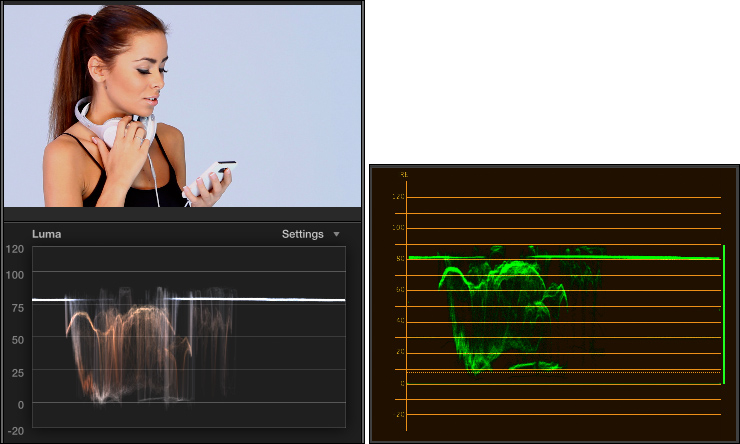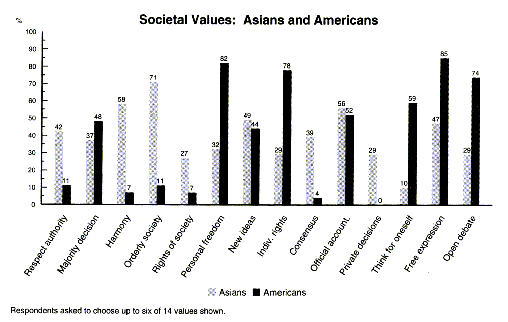Asian Values Scale
and first-generation Asian Americans as the Asian Values Scale (AVS) and subjected them to an exploratory factor analysis to study the latent variables underlying the scale.
In this article, the 36-item Asian Values Scale (B. S. K. Kim, D. R. Atkinson, & P. H. Yang, 1999) was revised on the basis of G. Rasch’s (1960) model and data from 618 Asian Americans. The results led to the establishment of a 25-item measure named the Asian Values Scale-Revised.

However, lack of instruments that measure ethnic cultural values has been a shortcoming in past research that attempted to examine this relationship. In this article, the development of the Asian Values Scale (AVS) is described, and the results of 4 studies investigating the psychometric properties of the AVS are reported.
Asian Values Scale (AVS) Bryan S. K. Kim‚ Donald R. Atkinson‚ and Peggy Yang Instructions: Use the scale below to indicate the extent to which you agree with the value expressed in each statement.

In this article, the development of the Asian Values Scale (AVS) is described, and the results of 4 studies investigating the psychometric properties of the AVS are reported.
In this article, the development of the Asian Values Scale (AVS) is described, and the results of 4 studies investigating the psychometric properties of the AVS are reported. The results indicate that the AVS has adequate internal and 2-week test–retest reliability.






The 36-item Asian Values Scale (B. S. K. Kim, D. R. Atkinson, & P H. Yang, 1999) was revised on the basis of G. Rasch (1960) model and data from 618 Asian Americans. The results led to the establishment of a 25-item measure named the Asian Values Scale-Revised.
This study was intended to examine mean differences on the Asian Values Scale between Korean and Korean-American high college students. For 199 Korean and 217 second generation Korean-American high college students, means on emotional self-control and collectivism were significantly different.

Developed to provide a more complete understanding of the acculturation process in Asian American populations, the Asian Values Scale (AVS) assesses the degree to which individuals adhere to traditional Asian values (e.g., deference to authority).
Recommendations for future research relating Asian cultural values to the counseling process are offered in an attempt to stimulate more empirical attention in this area. Atkinson, D. R. , & Gim, R. H. ( 1989 ).